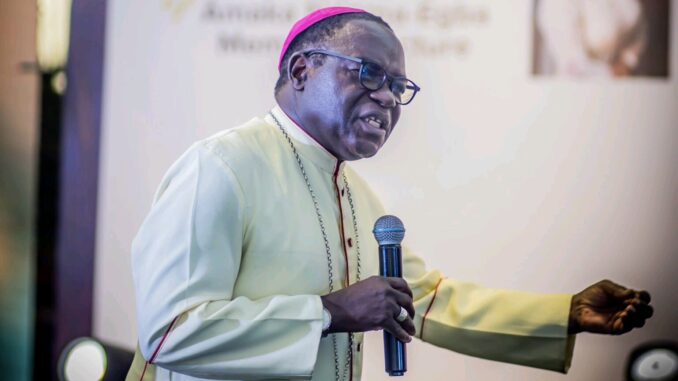
According to a report by The Cable on Friday, Oct. 3, 2025, the Catholic Bishop of Sokoto Diocese, Matthew Hassan Kukah, has cautioned that Nigeria cannot hope to overcome the Boko Haram insurgency through military campaigns alone, stressing that the extremist movement is rooted in ideology and grievances that weapons cannot erase.
Kukah made the remarks on Thursday in Abuja during the public presentation of Scars: Nigeria’s Journey and the Boko Haram Conundrum, a book written by General Lucky Irabor, former Chief of Defence Staff.
Reflecting on the book, Kukah said Nigeria’s heavy dependence on military doctrines and recurring counter-insurgency operations has not produced durable peace. He argued that Boko Haram is not only a collection of fighters but an ideological movement that thrives on narratives of faith and martyrdom, which military firepower cannot extinguish.
“For over a decade, the nation has launched different military operations, each one replacing the last after limited success,” Kukah said. “But the reality remains: ideas cannot be gunned down. Insurgency is not just about weapons it is about belief systems, grievances, and social fractures.”
The cleric warned that treating insurgency strictly as a battlefield problem restricts Nigeria’s ability to explore broader political, social, and moral solutions. He noted that many Boko Haram members see their struggle as a holy war, and for them, death in combat represents martyrdom, making conventional deterrence ineffective.
“The real test before us is not about counting victories on the battlefield, but about addressing the meaning of life, justice, and reconciliation,” he added. “Weapons can create breathing space, but they cannot deliver lasting peace. That requires dialogue, fairness, and rebuilding trust in our society.”
Drawing from Irabor’s reflections, Kukah pointed to the importance of governance reforms, reconciliation, and national healing as part of the broader fight against extremism. He described the book’s emphasis on justice and inclusion as resembling the writings of a moral guide, not just a military officer.
Kukah further urged Nigerian leaders to commit to structural reforms, political inclusion, equitable justice, and stronger institutions, arguing that these measures would reduce the sense of alienation that fuels extremism.
“The task ahead is urgent,” he said. “Nigeria must invest in people, strengthen institutions, and heal divisions. Military operations can only hold the line; it is justice, ideas, and trust that will guarantee a peaceful tomorrow.” See, More, Here>>>>
Explore More News By Using The Button Above


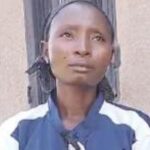
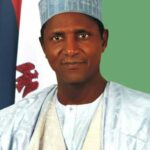

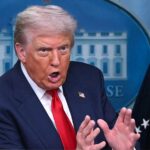
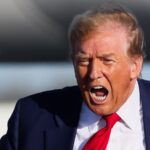

Leave a Reply